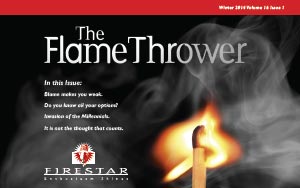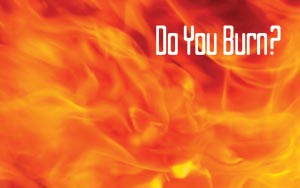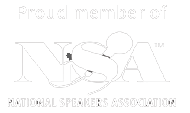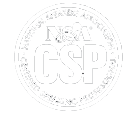
Conflict is Human; To Make it Productive – Divine
Let’s face it, from time to time, we disagree. Sometimes we disagree with random strangers; sometimes with people we supposedly love. We even disagree with people we gave birth to or those who gave birth to us! As long as humans have been hanging out together, we’ve had different opinions. You say tomato, I say jelly bean. It’s just the way we roll. So, is it bad, horrible, to be avoided at all costs?
Conflict can actually produce better results. My boyfriend and I got in our biggest fight ever when we were buying a home. There was one I refused to even look at it because it was out of the price range we had set. He thought we might be able to negotiate. I can be so stubborn…it was not pretty. But he held firm. We went to look. We wouldn’t be living in that gorgeous home now if I had “won.” But if I hadn’t argued at all, we might not have negotiated as hard. If you reflect on it, I bet you’ve had similar experiences. Customer complaints can lead companies to up their games.
Wiley (maker of the DiSC Assessment) has developed an assessment just for conflict, and I use it in my newest program to teach how to handle disagreements. In a nutshell:
1.) You begin by determining what you focus on in conflict. (I tend toward logic and victory – yep, living with me is a dream!) Other people might focus on feelings or justice or consensus. Let’s say there I am, focusing on logic and victory. But maybe you are focusing on expression and feelings. I’m going to keep pushing my logical points and you’re going to keep trying to get me to understand your feelings. Neither of us will move toward anything productive until we gain insight. (And instead of living in a nice house we wind up in a van down by the river.)
2.) You recognize which of the 18 destructive responses you tend to have when there’s a difference of opinion. Here are a few: belittling, drama, defensiveness, exaggerating, excluding, caving in, sarcasm, passive-aggression. I’m not including actual murder, but you get the drift. You often respond automatically – not even realizing what you’re doing. Learning the truth will set you free!
3.) You learn techniques to respond differently and to understand others’ destructive responses. Part of the program is identifying and dealing with automatic thoughts and knee-jerk reactions. (You’ll be surprised how much insight you’ll gain.)
4.) You become aware of the conversation you’re having and the one each of you thinks you’re having. I’m thinking I’m not wasting our time looking at homes we can’t afford. My boyfriend might think I’m questioning his ability to negotiate. Maybe you think you are asking for clarification and the other person thinks you’re saying they’re stupid.
5.) You rock the conflict by responding productively. The session covers 16 productive responses that can defuse situations and help us hear each other. It includes videos to demonstrate when a conversation went off the rails and what could have been done about it.
I think we could all use some help in this area. Few of us have the tools to make conflict productive rather than destructive. And this won’t change on its own! Call me! (Unless you really do want to live in a van down by the river.)










